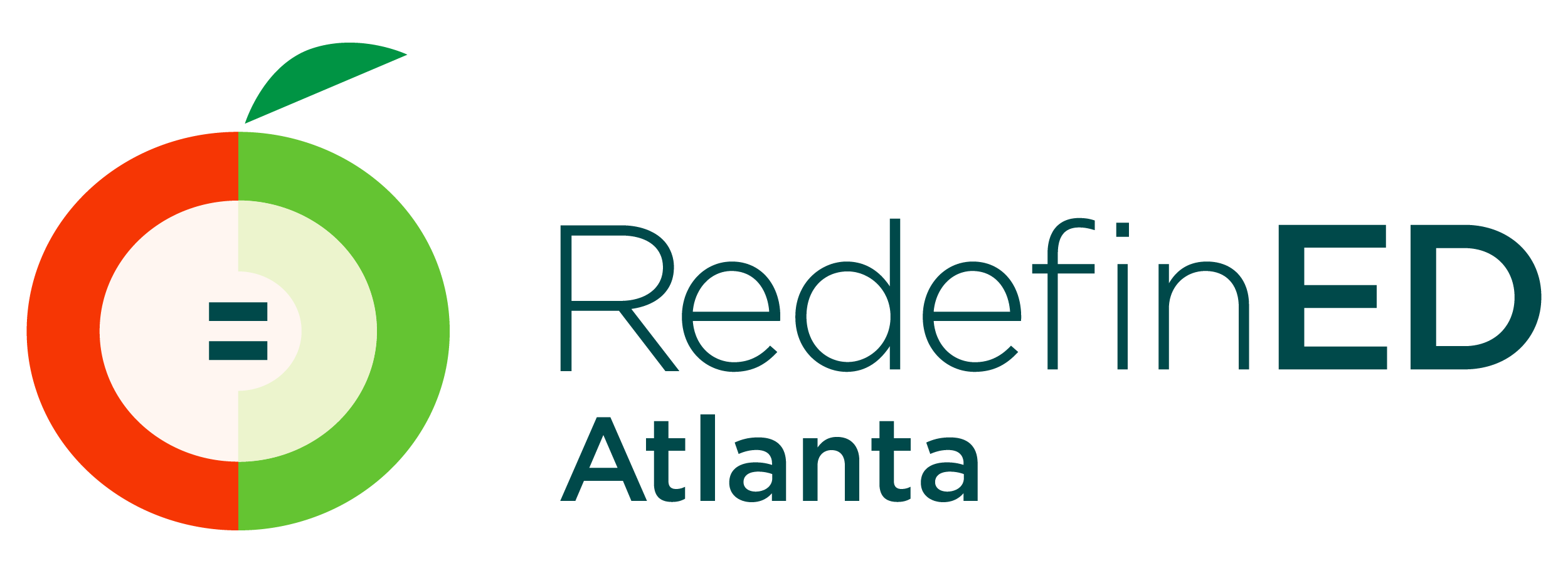Accountability
Academics Update – Teaching & Learning
Led by Dr. Shakeatha Butler, Chief of Teaching & Learning
- The district is prioritizing accountability, equity, and access through data-driven decision-making, targeted instructional support, and expanded learning opportunities.
- Key Strategies: Curriculum alignment, instructional coaching, tiered support, assessments, and literacy interventions.
- Assessment Improvements: Implementing the “5 Keys to Quality Balanced Assessment” for clearer goals and student progress tracking.
- Teacher Training: Strengthening instructional support through Science of Reading training and instructional coaching in partnership with TNTP (The New Teacher Project).
Monthly Financial Update
Presented by Lisa Bracken, Chief Financial Officer
- The FY2025 budget totals $1.27 billion, with 76.76% revenue collected and 45.67% of expenditures spent as of December 31, 2024.
- Challenges: Tax Allocation Districts (TADs) have led to $2.36 billion in lost potential revenue.
- FY2026 Budget Development: Prioritizing fiscal accountability, equity in funding, and sustainable financial planning.
SOFG – Student Outcomes Focused Governance
- College & Career Readiness Performance Index (CCRPI) increased from 59.7 (2023) to 64.0 (2024), surpassing the district goal.
- Areas of Concern: Literacy scores show a slight decline; interventions are being developed.
- New College & Career Readiness Initiatives: Expanded AP, IB, and Dual Enrollment opportunities.
✅ Action Items:
- Continue Science of Reading training & instructional coaching.
- Finalize FY26 school budgets by Feb 28, 2025.
- Expand middle school literacy support & workforce/college partnerships.
Equity
- Special Education Improvements: Fall 2024 audit findings inform new instructional strategies, Specially Designed Instruction (SDI) training, and cross-functional instructional focus walks.
- Tiered Support System: Schools receive differentiated resources based on student needs.
- Budget Equity Adjustments: Increased funding for low-income students ($3M), gifted students ($4.8M), and slight increases for English Learners & Special Education.
✅ Impact on Families:
- More targeted academic support in high-need schools.
- Expansion of exceptional education services and training for inclusive learning environments.
Access & School Options
- Expanding Early Postsecondary & Advanced Courses: More AP courses, ASVAB readiness, and Dual Enrollment pathways.
- Career Readiness Growth: Increasing workforce development partnerships, Career Pathways, and school-to-career transition programs.
- School Funding Adjustments: Some ESSER-funded positions will be phased out, impacting schools with pandemic relief staff.
- Pathway Completion Growth: 4.69% increase in students completing career pathways and AP African American History launching in all schools next year.
✅ Next Steps:
- Finalize AP, IB, and Career Pathway expansion plans.
- Address literacy gaps through targeted interventions.
Community Public Comment Themes
- Public Comment on HB 581: A new statewide homestead exemption aims to cap property tax increases but allows local governments to opt out.
- Student Advocacy – March for Our Lives: Students are advocating for a district-wide gun safety pledge.
- Support for Media Specialists: Multiple community members requested continued funding for school media specialist roles.
📢 How to Get Involved:
- Provide feedback via the district’s online forum on curriculum updates.
- Attend public hearings & community sessions on school funding and academic initiatives.
Board Questions & Comments
Academics & Teaching & Learning
- Is the district on track with the “Readers Are Leaders” training for 2,000 teachers? Data is currently being analyzed.
- How is student voice incorporated in the Literacy Task Force? Teacher and principal advisory groups are involved.
- Are we aligning the K-12 curriculum to ensure seamless progression? Efforts are underway to realign curriculum across all grades.
- How are we improving college & career readiness to ensure students complete pathways? AP expansion and other initiatives are in place to address completion gaps.
Financial & Budget Concerns
- How can we ensure that budget adjustments don’t negatively impact student services? Budget planning focuses on preserving student-facing initiatives.
- Can funding for ISS paraprofessionals become a permanent budget item? This is being explored to ensure ongoing support.
- What strategies are in place to address concerns about double funding for students in virtual and traditional schools? Per-pupil funding is being adjusted to prevent inefficiencies.
Equity & Special Education
- How can we support teachers who are not on track with required training? Additional encouragement and accountability measures are being considered.
- Are we ensuring that all schools, including TSA schools, receive the tiered support they need? Yes, support is provided based on data-driven needs.
Access & College/Career Readiness
- Are we focusing on both access and readiness in AP/IB programs? Yes, efforts are in place to increase student preparation earlier in their academic journey.
- How are we training counselors to better support post-secondary readiness? Organizational shifts are being made to enhance support structures.
- Are there innovative ways to expand career and workforce partnerships? The Dual Enrollment Task Force is exploring new opportunities.
- Are there plans to implement hybrid AP courses? There is a preference for in-person support, but options are being explored.
Next Steps
📌 Upcoming Deadlines & Follow-Ups:
- FY26 staffing allocations & budgets finalized by Feb 28.
- March 19-21: Senior Cabinet Retreat to finalize district-wide financial planning.
- Further review of assessment & literacy strategies to improve reading scores.
- Regular check-ins with school leaders to ensure needs-based funding and support.
📣 Stay Informed & Take Action!
🔗 State of the District/100 Day Progress Update Visit: APS Every Child Initiative
